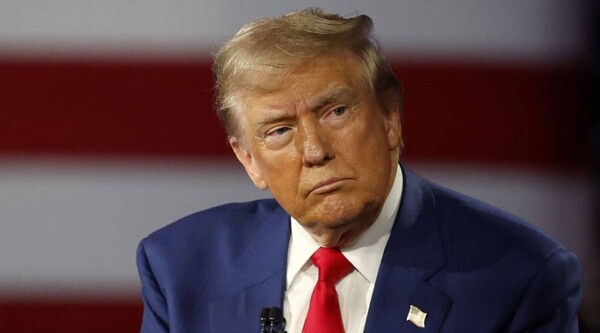
The United States government has begun to seek destinations to deport nationals from various countries, in light of the start of collective deportations. Although initially there was consideration of placing all undocumented immigrants at the border with Mexico, regardless of their nationality, this idea has not been completely discarded.
"They came in through here, so we send them back through here" is the reasoning that has sustained this possible measure. Additionally, it is expected that Mexico will accept receiving nationals expelled from the United States, as well as from other nations in smaller proportions.
The confrontation between Washington and Bogotá lasted for nearly nine hours, until Colombian President Gustavo Petro conceded due to the threat of exorbitant tariffs that could harm the country's economy. Missions from Washington are expected to negotiate the reception of deportees in Guatemala and El Salvador, including Venezuelan citizens.
The possibility of returning Venezuelans to their country of origin, where they would face reprisals and serious risks, has generated concern. Despite this, the U.S. government has made clear its commitment to continue the expulsion of undocumented individuals.
Trump's strategy is based on using tariffs as a pressure tool to achieve his objectives. Although initially there was consideration of returning deportees through the border with Mexico, there has recently been a shift in this stance.
To carry out mass deportations, the government is evaluating the possibility of requesting additional funds from Congress, arguing an "invasion of migrants posing a threat to national security". President Sheinbaum reported that in the first week of Trump's administration, Mexico received around 4,100 deportees, mostly Mexicans.
The constant threat of tariffs has become a pressure tool to gain advantages in negotiations. Despite the logistical and financial challenges involved in carrying out mass deportations, the U.S. government is determined to continue its policy of expulsion of undocumented individuals.














